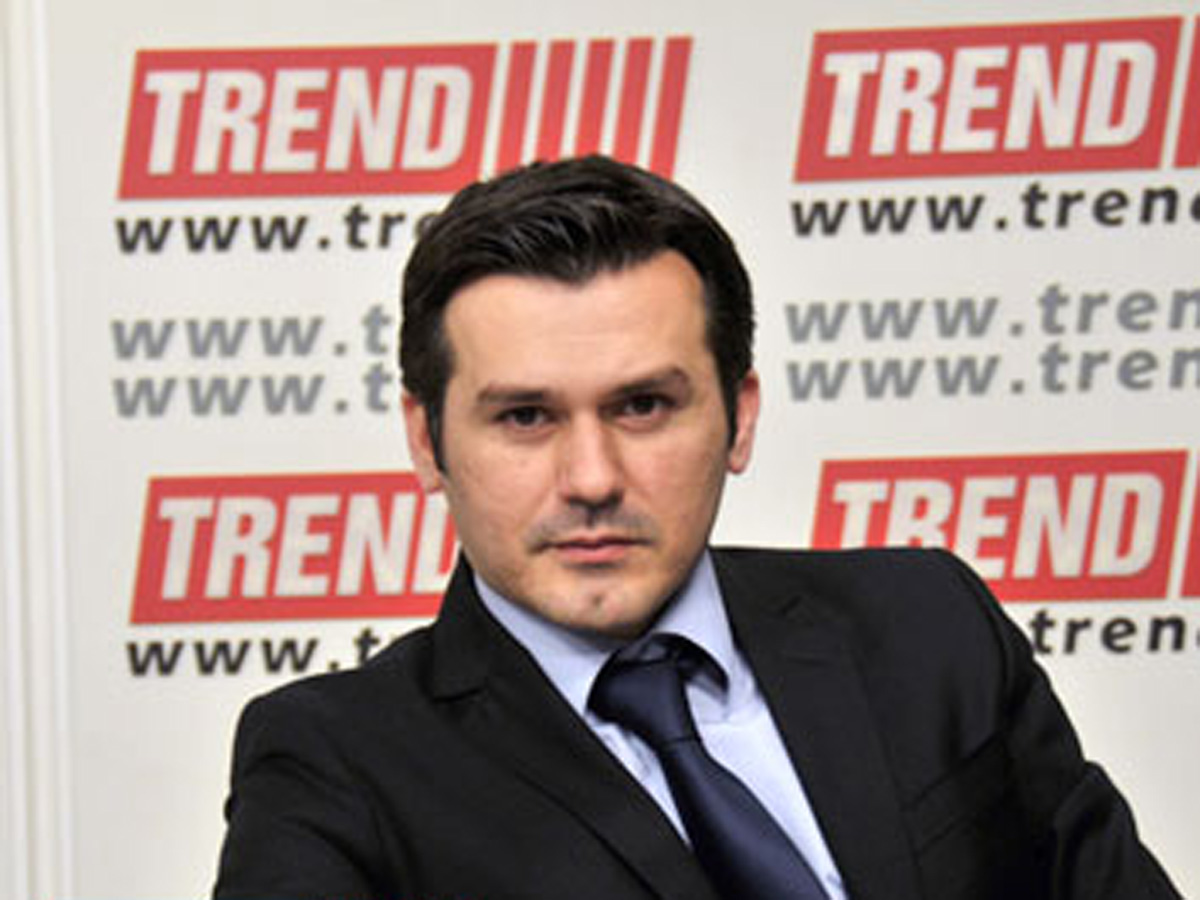Baku, Azerbaijan, June 16
By Rufiz Hafizoglu - Trend:
Russian-Turkish relations gained strategic nature namely after the Justice and Development Party came to power in Turkey in 2002.
Despite political differences regarding the settlement of the Syrian crisis, Turkey and Russia continued economic and political cooperation, also for the benefit of the region.
Construction of the Akkuyu nuclear power plant and the Turkish Stream gas pipeline (the project of which, however, was previously frozen) can be mentioned among the important energy projects of the two countries.
The important point is that before the crisis in relations, Turkish and Russian authorities repeatedly stated that the political differences related to the settlement of the Syrian crisis won't affect the relations between Moscow and Ankara in any way.
This lasted until November 24, 2015, when the Russian Su-24 bomber was shot down in the Turkish sky.
Namely the destruction of the Russian bomber gave the effect expected by NATO, which, according to some Turkish analysts, feared rapprochement between Turkey and Russia.
But the rapprochement between Ankara and Moscow worried not only NATO but also the European Union, which has been applying double standards for many years regarding Turkey and Russia. It should be recalled that Turkey at the time didn't join the EU sanctions against Russia.
In order to understand who was obstructed by the Russian-Turkish cooperation, first of all, it is necessary to imagine how this cooperation would change the region in the future.
First, it is necessary to take into account that Turkey and Russia are two dynamically developing countries in the region.
Moscow and Ankara's getting closer to each other was important not only in terms of resolving the frozen conflicts in South Caucasus and in such countries as Syria and Iraq where radicalism has led to chaos.
Another important factor is that not the West, including the US, but namely Russia, Turkey and in particular, Iran are able to confront the growth of radicalism in Syria and Iraq.
Thus, close relations between Russia and Turkey would first of all disrupt the plans of the forces who are not interested in the region's stability.
Obviously, both Moscow and Ankara understand what is going on. This suggests that the two sides tend to normalize the relations.
Although Turkey has always kept its diplomatic channels with Russia open, the congratulatory letter of Turkish President Recep Tayyip Erdogan to Vladimir Putin on the occasion of Russia Day can be considered as the first step towards normalization of the relations.
---
Rufiz Hafizoglu is the head of Trend Agency's Arabic news service, follow him on Twitter: @rhafizoglu






